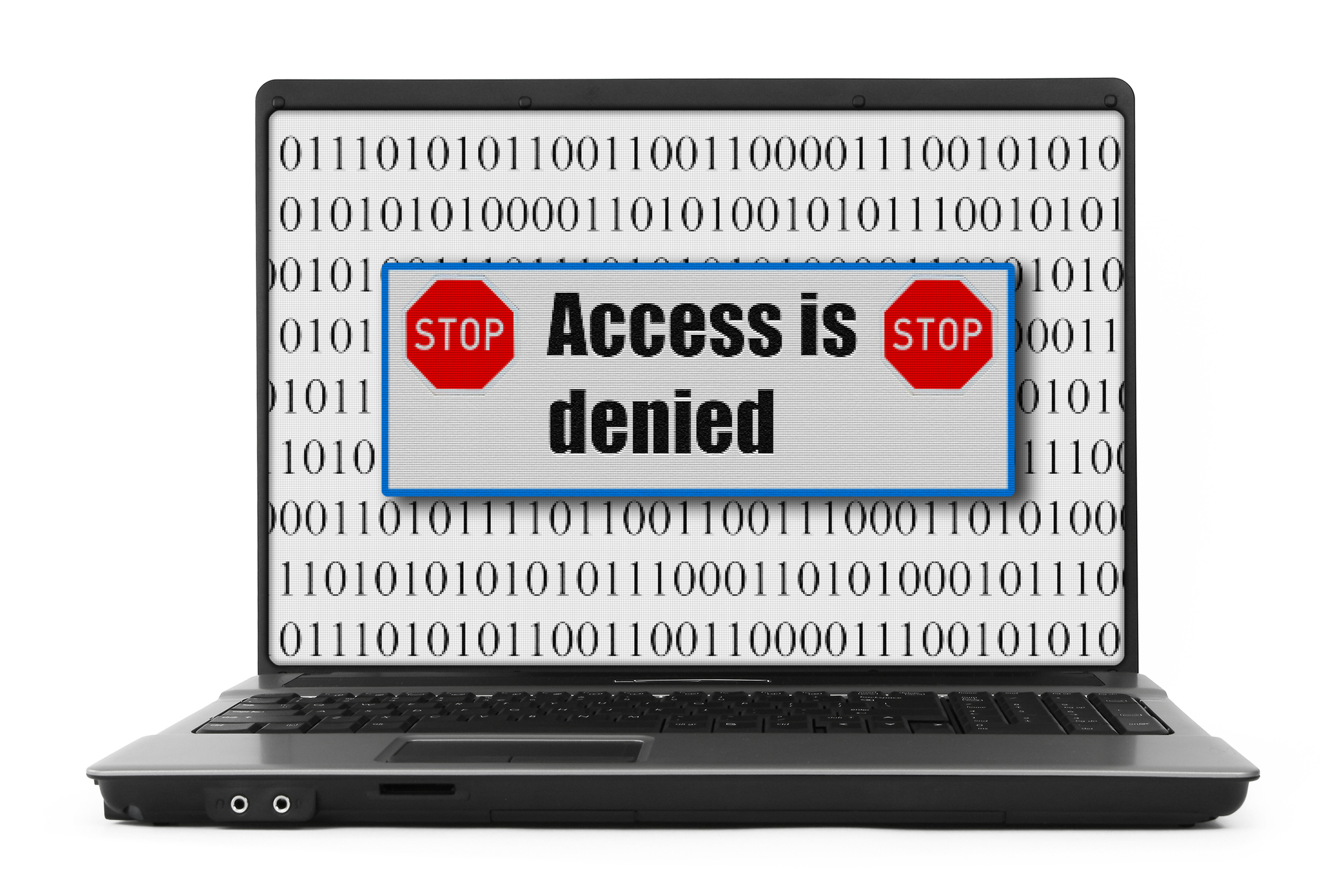ISPs to rollout default porn blocks by 2014, reveals MP
Internet service providers will need to provide switched-on parental filters as standard.

ISPs will be forced to offer parental filters that block pornographic content by default to new and existing customers before the end of 2013.
The announcement was made by Claire Perry MP, David Cameron's special advisor for the prevention of childhood sexualisation and commercialisation, at last Friday's Westminister eForum.
Speaking at the event, Perry said pornographic content will be blocked as standard, unless users intervene, according to a report on Wired.
"There's something different about the online world," she said. "It is anonymous, it is easy and it is efficient to share imagery."
The filters can also be made time dependent, she added, so they can be switched off during certain times of day.
A similar service has been offered to new customers by ISP Talk Talk since March 2012, before being rolled out to its existing customers more recently.
In a statement to IT Pro, Nicholas Lansman, secretary general of the Internet Service Providers Association (ISPA), said it disagreed with the Government's push for default filtering tools.
Get the ITPro daily newsletter
Sign up today and you will receive a free copy of our Future Focus 2025 report - the leading guidance on AI, cybersecurity and other IT challenges as per 700+ senior executives
"ISPs have already taken several steps on making the internet safer, with many offering or working towards an active choice +' system," said Lansman.
"Whilst filtering has a role to play, alongside education and equipping parents with the tools they need, we remain opposed to default filtering, as it is only one part of the solution, and can be circumvented and lead to over or under blocking".
Lansman then called on the Government to provide "greater clarity" about its plans, claiming "it is not quite clear if this goes beyond what the big ISPs have already committed to," he added.
-
 Why keeping track of AI assistants can be a tricky business
Why keeping track of AI assistants can be a tricky businessColumn Making the most of AI assistants means understanding what they can do – and what the workforce wants from them
By Stephen Pritchard
-
 Nvidia braces for a $5.5 billion hit as tariffs reach the semiconductor industry
Nvidia braces for a $5.5 billion hit as tariffs reach the semiconductor industryNews The chipmaker says its H20 chips need a special license as its share price plummets
By Bobby Hellard
-
 Starmer bets big on AI to unlock public sector savings
Starmer bets big on AI to unlock public sector savingsNews AI adoption could be a major boon for the UK and save taxpayers billions, according to prime minister Keir Starmer.
By George Fitzmaurice
-
 UK government targets ‘startup’ mindset in AI funding overhaul
UK government targets ‘startup’ mindset in AI funding overhaulNews Public sector AI funding will be overhauled in the UK in a bid to simplify processes and push more projects into development.
By George Fitzmaurice
-
 UK government signs up Anthropic to improve public services
UK government signs up Anthropic to improve public servicesNews The UK government has signed a memorandum of understanding with Anthropic to explore how the company's Claude AI assistant could be used to improve access to public services.
By Emma Woollacott
-
 The UK’s AI ambitions face one major hurdle – finding enough home-grown talent
The UK’s AI ambitions face one major hurdle – finding enough home-grown talentNews Research shows UK enterprises are struggling to fill AI roles, raising concerns over the country's ability to meet expectations in the global AI race.
By Emma Woollacott
-
 US government urged to overhaul outdated technology
US government urged to overhaul outdated technologyNews A review from the US Government Accountability Office (GAO) has found legacy technology and outdated IT systems are negatively impacting efficiency.
By George Fitzmaurice
-
 Government urged to improve tech procurement practices
Government urged to improve tech procurement practicesNews The National Audit Office highlighted wasted money and a lack of progress on major digital transformation programmes
By Emma Woollacott
-
 Government says new data bill will free up millions of hours of public sector time
Government says new data bill will free up millions of hours of public sector timeNews The UK government is proposing new data laws it says could free up millions of hours of police and NHS time every year and boost the UK economy by £10 billion.
By Emma Woollacott
-
 Online Safety Act slammed by rights groups as bill gains royal assent
Online Safety Act slammed by rights groups as bill gains royal assentNews The Online Safety Act has been described as a veiled attempt to secure access to encrypted messages
By Rory Bathgate